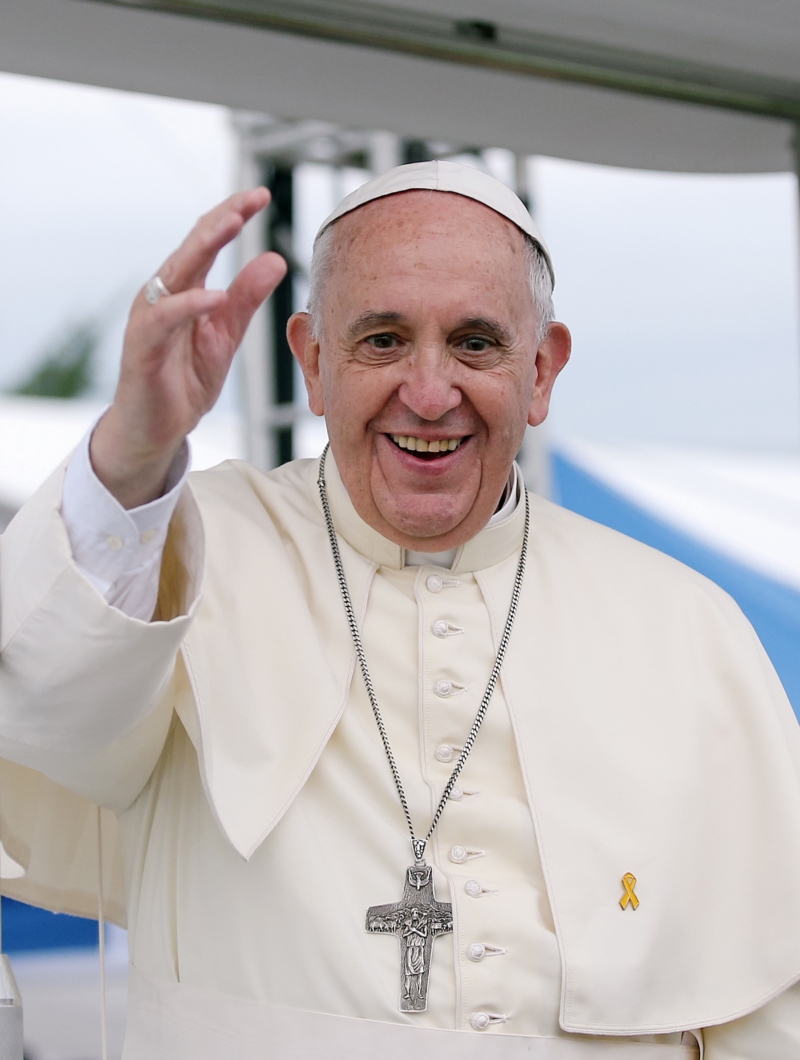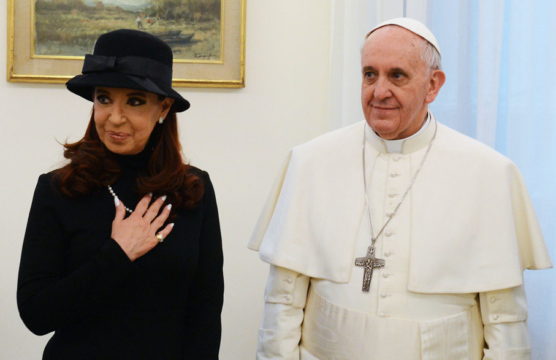Plotting the Way Forward
To get where we want to go, Cubans of all political leanings — no matter where we live — need many more mediators from within our ranks. That’s the way forward.
A version of this article was originally published by Americas Quarterly on March 20, 2013.
While naysayers joke that the Cardinals may as well have elected another Italian Pope in choosing a porteño, the move to elect Jorge Mario Bergoglio of Argentina, now Pope Francis, is of undeniable significance for the global south. This is particularly true for Latin Americans, who—while accounting for 40 percent of all Catholics—often complain of neglect by church leadership and their limited sway in the Vatican.
Not everyone was cheering in Buenos Aires, however. Unsurprisingly, the new pontiff is a vocal opponent of lesbian, gay, bisexual, and transgender (LGBT) rights, calling adoptions by gay parents “discrimination against children.” That language is truly unfortunate, as was his opposition to marriage equality in Argentina. Nevertheless, the LGBT community should not consider the Pope an imminent threat.
Indeed, despite the Vatican’s resistance, gay rights have made impressive strides in the region. Apart from Argentina, several Brazilian and Mexican states have legalized gay marriage, while Ecuador, Uruguay and Colombia all recognize same-sex civil unions. Observers may be surprised by such progress in a region long considered a Catholic stronghold. No doubt, the Church’s antiquated views on gender and sexuality are fundamentally at odds with the principles of the LGBT movement. Yet, ironically, Catholicism’s penchant for being Euro-centric, old-fashioned and hierarchical has, in its own way, allowed sexual minorities to carve out a space in Latin American societies. This paradox stems from the fact that while a high percentage of the hemisphere is Catholic, the disconnect between the Pope and his flock is often great. For centuries, the Church has struggled to bridge pulpit and pew, yet a stubborn adherence to tradition has led many followers to take their priests’ directives with a grain of salt. Consequently, these Catholics find inspiration and community in their religion while still adapting to evolving social norms. This becomes especially clear on issues such as gay rights and contraceptives, on which Catholics tend to hold relatively progressive views. This is unlikely to change simply because the Pope is now Argentine.
[...]
To get where we want to go, Cubans of all political leanings — no matter where we live — need many more mediators from within our ranks. That’s the way forward.
On April 25, the Inter-American Dialogue hosted a conversation on the Cuba’s evolving political and economic situation and how the Catholic Church views its role in the country.
On the eve of the pope’s selection, there was broad consensus that the future of the Catholicism lays outside of Europe.
 Wikimedia Commons
Wikimedia Commons
 Video
Video